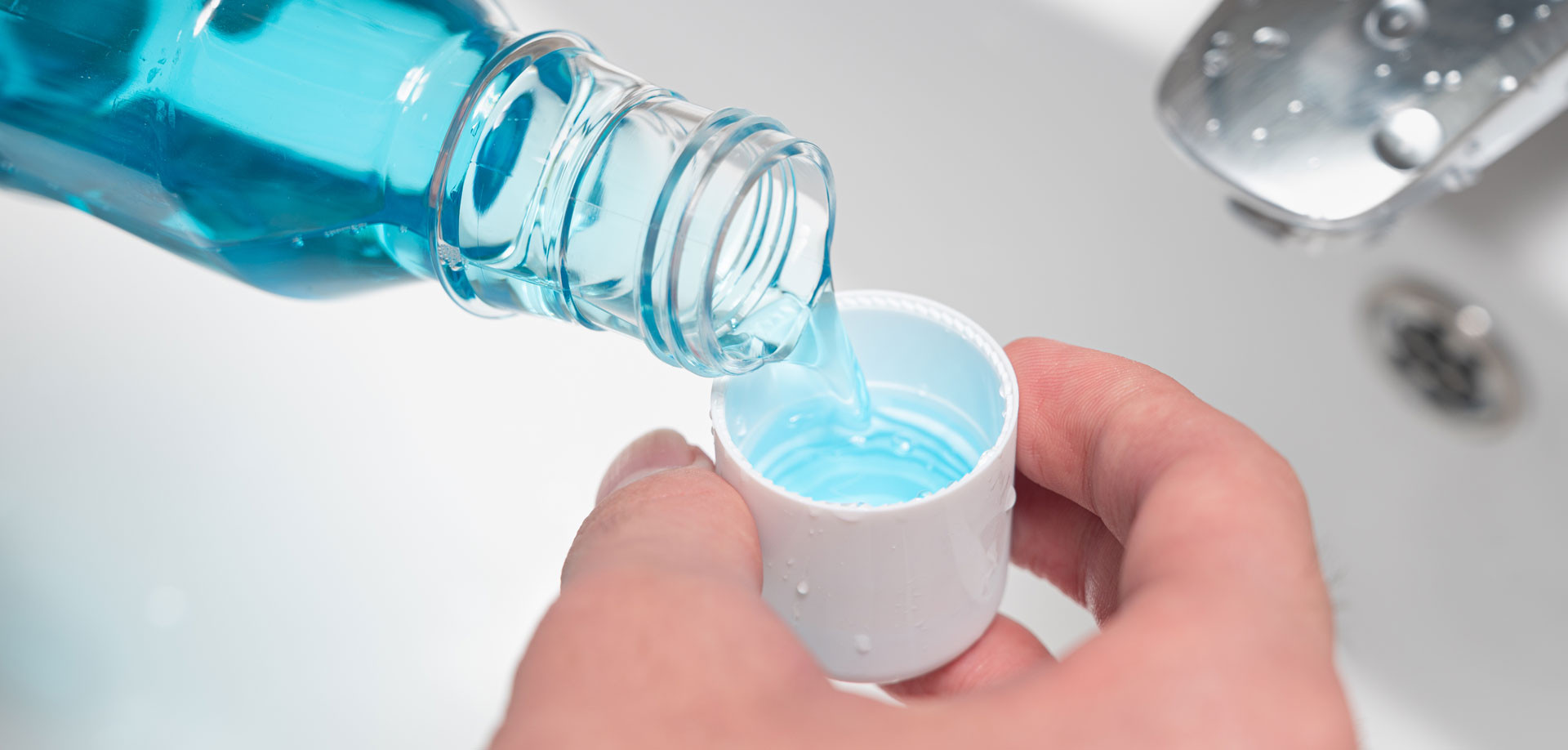
Myth-busting: Mouthwash and alcohol
While mouthwash is a top-rated product obtained at any supermarket or drug shop, the wide variety might be more perplexing than beneficial. Hopefully, we can provide some pointers and advice to help you decide. Let us now decide which of these statements are real and are dental myths.
Myth 1: I don't have to brush twice a day if I use mouthwash
Most of you will probably find this easy, but let's go over it in more depth. While cleaning your teeth twice daily (for two minutes with a gentle brush) is always recommended, mouthwash can be a useful supplement to your regular brushing routine. Mouthwash can be beneficial if your schedule prevents brushing your teeth twice daily.
At the same time, not a replacement, using mouthwash to reduce dangerous microorganisms and loosen food particles is preferable to doing neither. After meals, in addition to brushing, mouthwash can be beneficial. This also has the added benefit of reducing meal-related breath smells.
Myth 2: I don't need mouthwash if my toothpaste has fluoride.
Mouthwash reaches areas of your teeth and mouth that a toothbrush or floss cannot. Swishing with a fluoride mouthwash can significantly improve areas prone to decay and cannot be reached by fluoride toothpaste. Patients who live in locations without fluoridated water can benefit even more from incorporating mouthwash into their preventative treatment approach.
True: Alcohol-free mouthwash is the best option to use
While some individuals feel that the burn of alcohol-based mouthwash increases its effectiveness, there is more to it. That searing sensation successfully destroys bacteria in the mouth, but it also kills beneficial bacteria! The oral microbiome is vital for overall mouth hygiene and fresh breath, but alcohol-free mouthwash kills more dangerous bacteria.
Because of its drying impact, alcohol-based mouthwash is problematic in patients with xerostomia (dry mouth) and can worsen tooth decay. Alcohol-free solutions are also very advantageous in people with a history of alcoholism or those at high risk of oral cancer.
Myth 3: I know when to use mouthwash because I read the directions on the label
This is regrettable, and I hope we can clear up any misunderstandings. Patients frequently brush, floss, and then use a final mouthwash rinse at the end. Most mouthwash labels only provide information on the volume, duration of the rinse, and how many times per day you should use their product.
If you use fluoride toothpaste, you should wait at least 30 minutes before using mouthwash. The fluoride content of toothpaste is frequently many times that of fluoride mouthwash. After brushing, rinsing with mouthwash removes the beneficial fluoride paste, leaving less fluoride accessible for tooth strengthening.
Contact us
Amaral 13 Building
Flat 403,
1061 Nicosia, Cyprus
Tel: 22-452345/6
email: apanagidisdentalcenter@gmail.com



